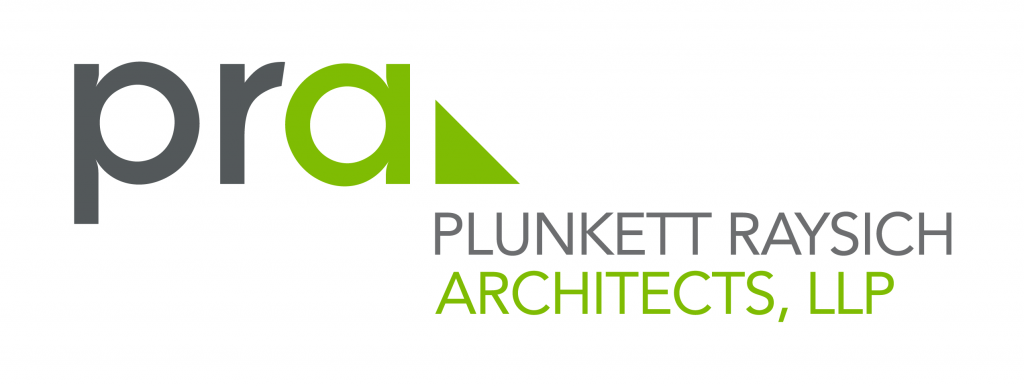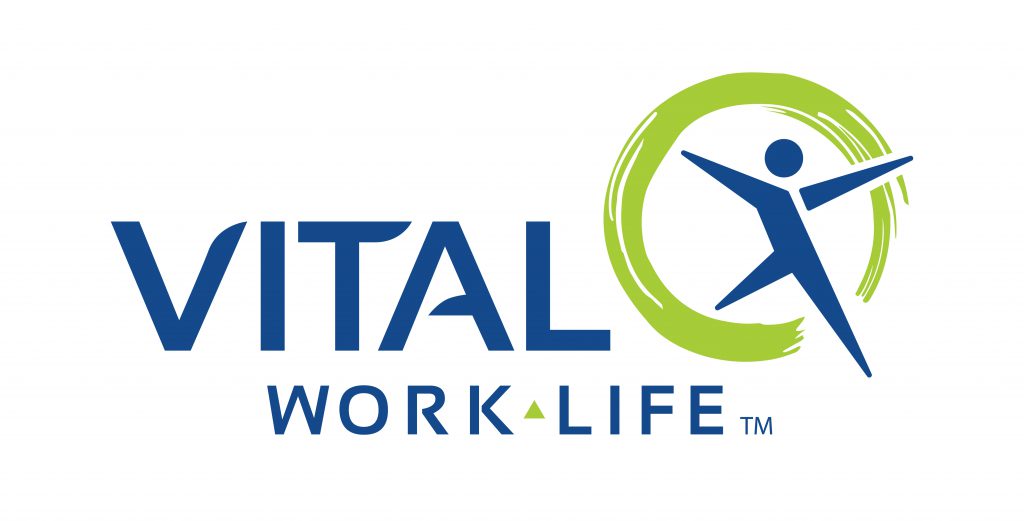Good decision making requires a sense of prediction—how different choices change the likelihood of different outcomes—and a sense of judgment—how desirable each of those outcomes is—according to a Harvard Business Review article by Walter Frick.
Highlighted below are three ways to improve your ability to predict the effects of your choices and assess their desirability.
1. Avoid overconfidence. Consider the fact that you may be more confident about each step of your decision-making process than you ought to be, and that’s OK. If you embrace being less certain, however you may be more likely to revisit the logic of your decision and prepare for dramatically different outcomes than your expected one.
2. Analyze how frequently predicted outcomes occur. Numerous studies demonstrate that the best starting point for predictions is to ask “How often does that typically happen?” Get away from the specifics of your particular decision or individual case, and look at the base rate and outcomes of similar cases first.
3. Learn about probability. Research suggests basic training in probability makes people more effective forecasters and helps them avoid certain cognitive biases. Brushing up on probability theory may help you better express uncertainty and think numerically about the question “How often does this usually happen?”
“Great decision makers don’t follow these rules only when facing a particularly difficult choice; they return to them all the time,” Frick writes. “They recognize that even seemingly easy decisions can be hard—and that they probably know less than they think.”
—Adapted from “3 Ways to Improve Your Decision Making,” by Walter Frick, Harvard Business Review, Jan. 22, 2018.











